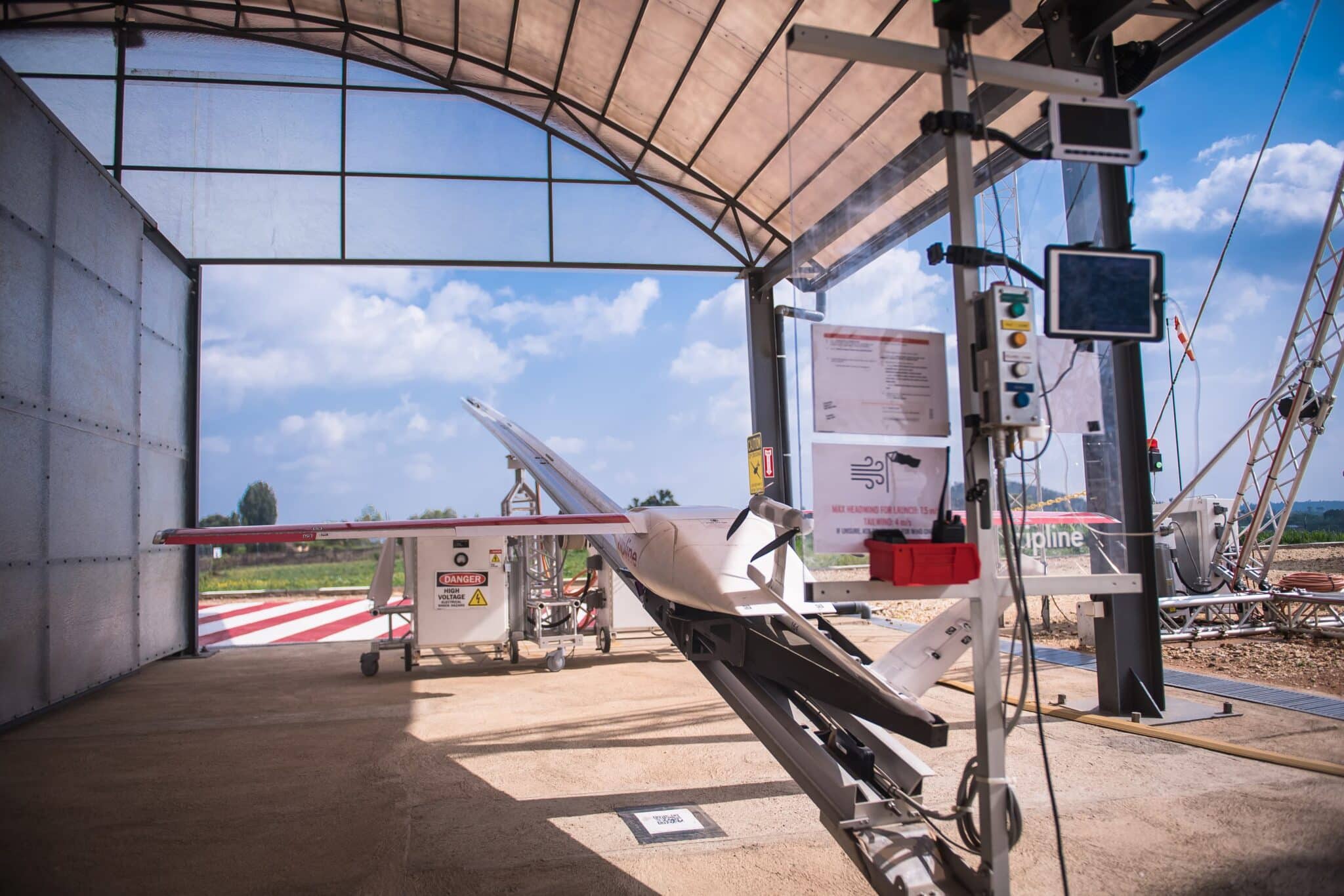The Kenyan government released a directive through the country’s apex bank to encourage the use of mobile money. With effect from March 16, financial institutions are expected to remove charges on mobile money transactions.
Press release: Emergency Measures to Facilitate Mobile Money Transactions pic.twitter.com/py6FIsvYdH
— Central Bank of Kenya (@CBKKenya) March 16, 2020
According to the order, there will be zero charges on all transactions up to Ksh 1,000. In addition to this, mobile money transfer limit has been increased to Ksh 150,000. Subsequently, the daily limit is raised from Ksh 140,000 to Ksh 300,000. while monthly limit has also been stopped.
There’s more, commercial banks and payment service providers are directed to stop charges on all transfers from mobile money wallets and bank accounts. This directive is expected to run from March 16 to April 30.
This is coming on the back of increased cases of coronavirus (Covid-19) globally, and the order was particularly as a result of this. The directive is not only expected to help reduce the exchange of cash from hand to hand, but it will also lessen cash circulation, thus, imparting the economy cashless policy growth.
As it stands, Kenya already confirmed three cases of coronavirus, which has necessitated the closing down of schools and initiating travel bans.
Suggested read: How the coronavirus is affecting Nigerian tour companies
In Africa, Kenya is one country that has largely adopted mobile money. The world bank established that 80% of its population has an account while the United Nations Conference on Trade and Development (UNCTAD) confirmed that 78% of the population uses mobile money. Hence, this move is expected to have much impact.
Meanwhile, Airtel mobile money already adopted this mandate. Asides implementing the waivers, the mobile communication company also set up a toll-free line for nationals to access information and updates about the COVID-19 pandemic.
Kenya currently has a number of companies playing in its mobile money market. Apparently, Safaricom and Telkom have also keyed into this initiative, just that it only applies for transactions below Ksh 1000.
While this might not be an effective palliative measure in other African countries that can hardly boast of a financially inclusive economy, some other steps can as well be adopted to reduce public meetings. Notable instances are companies that have advised that their employees work from home.
Suggested read: Coronavirus: Global tech firms adopt remote work; why Nigeria may follow
Another case in point is Nigeria. The nation’s centre for disease control, NCDC, has also released a notice that mass gatherings may soon be restricted if the COVID-19 pandemic case worsens. It goes further to advise on precautions that should be adopted during public gatherings. Meanwhile, Nigeria has reported its third confirmed case of coronavirus.




